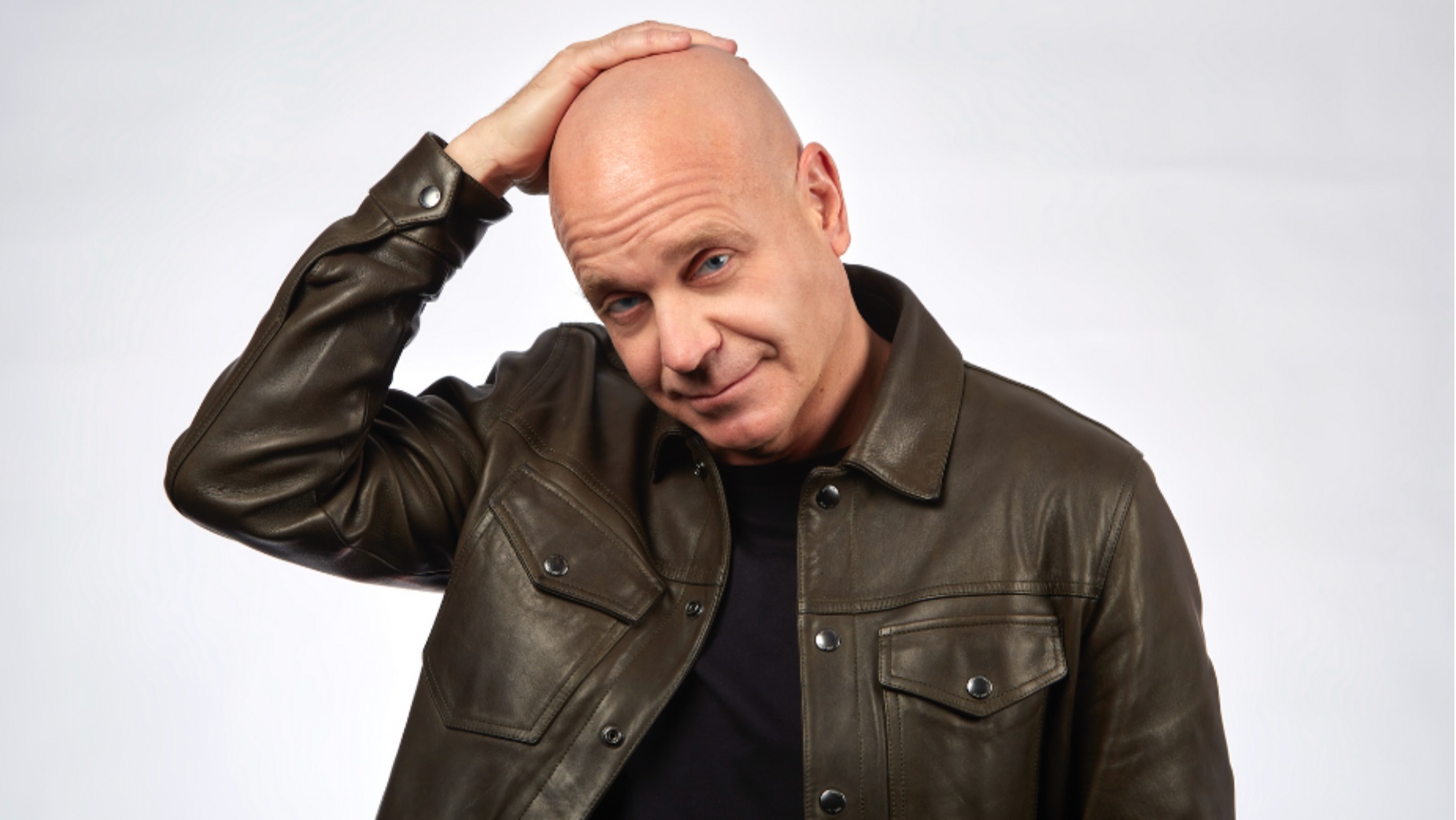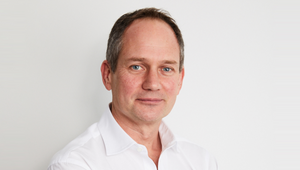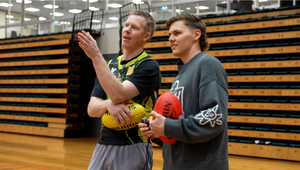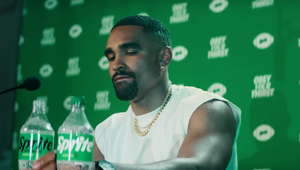
Mark Read “Deserves to Be On Stage” at Cannes Tonight: Rob Reilly

Rob Reilly believes WPP should win Creative Company of the Year at Cannes tonight so outgoing CEO Mark Read gets the send off he deserves. It would also make a statement to the industry, he told LBB in an interview on Thursday: despite the fact “our stock price could be better”, the holding company is ready to fight back. “Maybe when you're in the front of the army, you get hit first and bloodied up. And I think in the end, we will be at the top.”
“For me, it's the most important year to win, because Mark's leaving. I think he deserves to be on that stage for the fourth time in five years,” the global chief creative officer said.
“It's a good message to send to the industry. Sure, our stock price could be better, but he has done the really hard things, the transformational things, and ripped off the band-aid early. I've said it: bet on us, because we're preparing for the future. He's been the architect of it. He's cared about creativity. So it's bittersweet. I'm happy that he's gonna take a break and move on and do something else, once all the dust settles, but it's a good message to send to the industry, but also a bit of a wake up call that we've got to figure out how to really put creativity as a force multiplier of growth and business. It is, but maybe it's just not positioned that way on Wall Street. There is still a bit of a disconnect of people not giving creativity enough credit when it comes to growing a business.”
The share price is at a near five-year low, despite driving measurable business growth for listed client companies like Coca-Cola. Since taking stewardship of the brand’s advertising in 2021 through its Open X model, Coca-Cola’s share price has increased 24%, its market capitalisation by $130 billion, and its revenue by $12 billion, the brand’s global VP of creative strategy and content, Islam ElDessouky said on Thursday at the LBB beach, speaking alongside WPP Open X CEO Laurent Ezekiel. Laurent acknowledged the same disconnect as Rob: WPP’s share price has not risen as its clients’ have.
“When you have James Quincy, the CEO of one of the biggest companies in the world, go on a financial call and give marketing and creativity a lot of the credit for success,” Rob said of WPP’s partnership with Coca-Cola, “that's the best thing. That's the best ad for our industry. That's the best ad for creativity.
“The model of advertising holding companies and how everything is done could be better. The opportunity now, with AI, you can really reimagine a lot of things. And that's something that should be reimagined. Change is scary and it's messy, but when we've embraced it, the results have been as astronomically positive. So I do think we're at the beginning and we're at the forefront of it. Maybe when you're in the front of the army, you get hit first and bloodied up. And I think in the end, we will be at the top.”
Rob is proud of WPP’s creative showing at Cannes this year; VML will be “top three probably, top five for sure”; Grey “killed it this year”; and AKQA has won a Grand Prix. The day of the interview, WPP collected three Grand Prix, taking its current tally to nine.
The CCO, who joined WPP in 2021, was keenest to emphasise the company’s media performance, though. Mindshare came second in the Media Network of the Year race, thanks to a Grand Prix for ‘Dove Real Beauty Redefined for the AI Era’, but Rob observed it tied for OMD on points.
“The rules are, whoever has the most Lions wins. It should be known that we tied in points. I'm not saying it should be co-winners, but I don't know, you cross the finish line at the same time, do they give two gold medals? Sometimes they do. That's the rule. So we play by it. We've benefited from rules and we've lost from rules. But I feel it should be mentioned how well Mindshare did.”
Ultimately, he cares most about seeing big work for big brands winning, not awards-bait or not-for-profit projects. “If you win a gold Lion, a Grand Prix, for an NGO, you'll have a great night. If you win for Nestle or Unilever or Dove, Vaseline, Kit-Kat, Ziploc, you'll have a great career. And that's the difference, and hopefully that's something people write about or see. Look at what they won for.”
Last week, the holding company turned its brand-building capabilities on itself, launching ‘Transforming How We Create,’ a campaign to show how the business is using AI to enhance creativity. Rob led the project, and wrote a long-form copy newspaper ad which read, in part, “That AI is transforming your brand’s future is without question. Who you partner with to shape that future most definitely is. We’d love to show you what we’re building.”
“I can take that 25-year-old copywriter and sit them in the brainstorming session to crack the next Verizon campaign,” he said of AI’s potential to change how he maximises his creatives’ potential.
“I spent two years writing the little stickers for Coca-Cola that went in the convenience stores, and doing radio once in a while, and then maybe a billboard assignment. I never worked on anything big for two years. People may say, 'Oh, that's how you learn.' It's like, 'Well, I probably would learn better if I got to sit with my bosses and work on assignment together.'”















